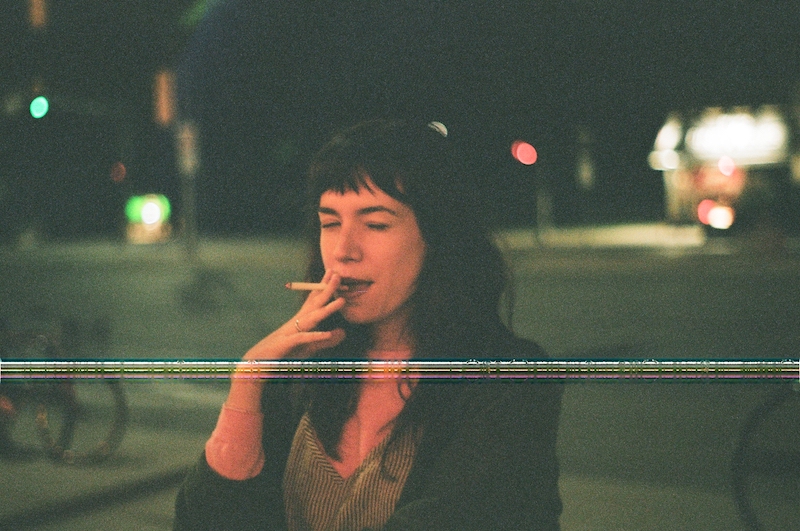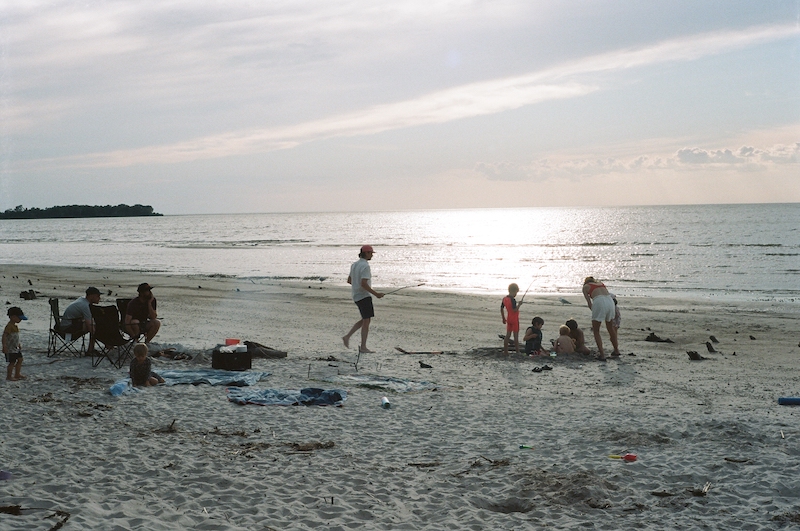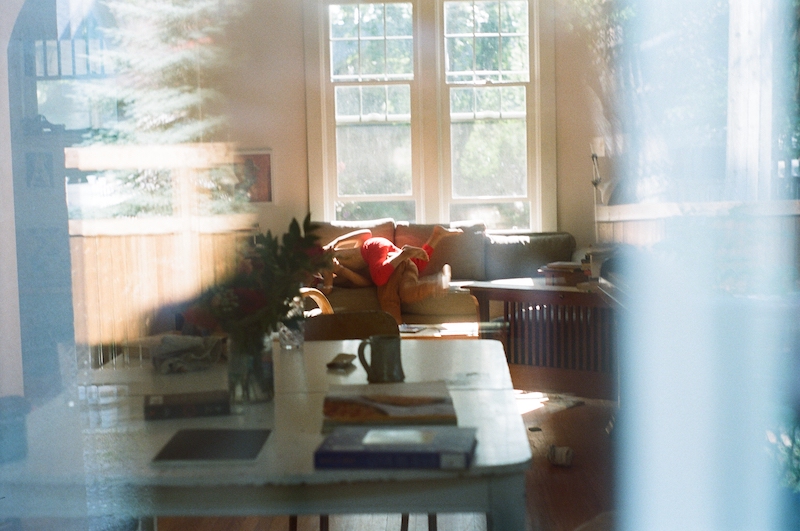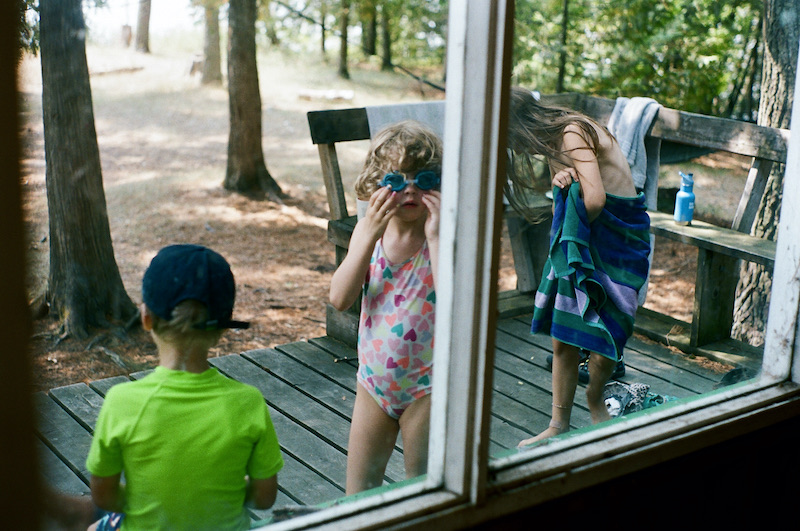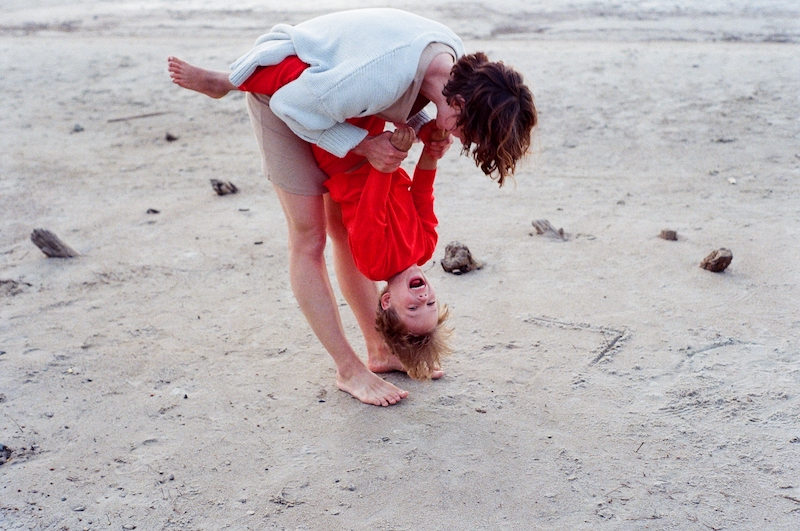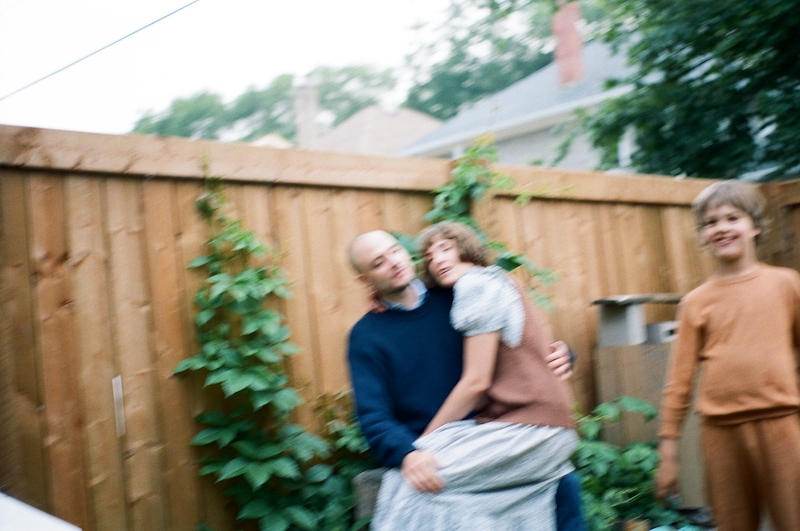My Top Ten Books of 2022
Writing out these miniature reviews at the end of the year is gratifying. I have the perspective of time, but haven’t forgotten the details of the fictional worlds and how they affected me. The memories of the books are so linked to the experiences I was having at the time, that they seem fixed together, as if one begets the other: “That is a winter book” or “That is a book for mourning, that one for chaos”. It lends truth to the adage that you can never read the same book twice; you come to each reading a different person. Looking back through the books that most captured me, I am also looking back at a changing self.
Olivia by Dorothy Strachey
In a conversation on Youtube about this novella, Andre Aciman suggests that all desire includes a touch of shame because to yearn is to confront what you lack. He suggests Olivia is a portrait of such desire. I wonder, however, if the title character of the novel in fact inverts Aciman’s logic. Olivia encounters desire for the first time as a teen girl in a boarding school in France. I think her state of mind throughout the book preempts shame. She doesn’t experience her infatuation, though unrequited, as unworthy or humiliating. She doesn’t yet know the grief or loss of it. All she knows is the very present and daily torment of wanting someone, and forgetting yourself and your life because of this wanting. Strachey’s book was analytical and psychologically penetrative and I wanted more, more, more.
Cassandra at the Wedding Dorothy Baker
The friend who recommended Cassandra at the Wedding described wanting to “eat” the voice. Reading it, I think I understood her sentiments. Cassandra is enchanting: playful and provocative in her agitation. I related to Cassandra’s existential anxiety and the way she used relationships to attempt to solve it. I loved her family (her philosopher dad especially) and the mixed messages that passed between them. I liked this quote from the afterword by Deborah Eisenberg:
“A family, we could say, is the place where there’s not enough of anything for any one of the parts whose sum that family is. Shuttling along through the obstacles of childhood, one is made constantly aware, between the breakfast table and the bedtime story, that not only is the self not a unit, it doesn’t fit nicely into a unit either.”
All Our Yesterdays by Natalia Ginzburg
There is a feeling that arises in me reading Italian in translation. Or, perhaps not all authors, but many: Ginzburg, Ferrante, Starnone. Reading them, I feel in control of my naiveté. As if the child inside my adult self is well suited for the trials of living. I feel full of abandon, but it does not overwhelm me. I do not feel — as Sally Rooney wrote in the introduction — that Ginzburg’s words were written directly for me, “inside my own heart”. But rather I find that her words graft themselves onto my patterns of thinking, clarifying and demoralizing things in the process. Reading Ginzburg, I turn into the children’s book protagonist Eloise: precocious and lively; into Ferrante’s Lenu: insecure, but ripe with intellectual potential. All Our Yesterdays, a novel about a family in Italy during the Second World War, made me lust for the chaotic family life I already live, and re-appreciate the social and political fabric within which it fits.
The Price of Salt by Patricia Highsmith
I offer a few quotes:
“January. It was all things. And it was one thing, like a solid door. It’s cold sealed the city in a gray capsule. January was moments, and January was a year. January rained the moments down, and froze them in her memory.”
“Then her body seemed to vanish in widening circles that leaped further and further, beyond where thought could follow.”
“The arrow seemed to cross an impossibly wide abyss with ease, seemed to arc on and on in space, and not quite to stop. Then she realized she still clung to Carol, that she trembled violently, and that the arrow was herself.”
Riveting and thriller-esque, The Price of Salt is also simple and a somehow old-fashioned love story between two women. Highsmith pulls you along - down highways and along snowy streets. She deftly weaves you between the tables in a restaurant where the lights are dim and the conversation hushed and inviting.
Lost and Found by Kathryn Schulz
I read most of Lost and Found over a weekend with my family in a cabin full of mosquitos. During our first night there, my nine-year-old writhed and raged against the insects. He screamed and panicked. I worried about him - not the familiar, benign maternal worry but the deep and distressing kind. Would he be ok in the world if insects derailed things to this degree? Would our family survive his outbursts, his anger? Reading Schulz, I was released from some of my suffering. I needed her to tell me that love includes pain, that anxiety includes empathy. In Lost and Found, Schulz chronicles the death of her father, the finding of love with her wife, and her experience of marriage. She writes: “The world in all its complexity calls on us to respond in kind, so that to be conflicted is not be adulterated; it is to be complete.” I trusted her completely. Like Marilynne Robisnon, Schulz made me cry without any sentimentality or manipulation, just by pointing to the world as it is.
Heaven and Earth by Paolo Giordano
Months after devouring Heaven and Earth, I now wonder if I was tricked or duped. (This reminds me of the feelings I had after reading A Little Life by Hanya Yanagihara.) I cannot reflect on the qualities or flaws of Giordano’s book. I was so consumed, so feverishly absorbed, that I lost touch with my critical capacities. What I can say is that a number of my superficial “criteria” for fiction were present: youth, Italy, leisure, feminine and masculine dynamics, the experience of the body. This book had my number. I deeply enjoyed it, I’m just not sure I can recommend it.
Animal Joy by Nuar Alsadir
I talked about this book all summer: “The mask unmasks!” “Psychotherapy and comedy run parallel to each other!” “The most-self is the most beautiful!” Nuar Alsadir is a psychotherapist and poet interested in embodiment, pleasure, performance, play and unearthing the unconscious. In Animal Joy, she seems almost frantic in her search for what is deepest and most true about each of us. She jumps from Freud to Kierkegaard to Trump. Like good poetry, Alsadir’s prose worked as both a mirror and kaleidoscope: things in me were both illuminated and obscured. As she quotes Winnicott: “It is a joy to be hidden, but a disaster not to be found.”
Trust by Domenico Starnone
Starnone is stylish, clever, dark and joyful. The relationships in this novel were familiar to me. Like the three main characters, I often feel tormented, infatuated and desperate in my most intimate relationships. Trust seemed an apt portrait of how we foolish humans love each other; we make contracts and mistakes and place our hopes in the wrong places and people. But these bumbling attempts are, in fact, love. Trust was fast paced, though mostly caught up in the minutia of the three main characters’ concerns and uncertainties about each other. I liked his earlier novel Ties, but this was even better.
The Mountain Lion by Jean Stafford
The blurb on the back of The Mountain Lion describes the world the two young protagonists (a brother and sister in 1940s America) encounter with their uncle as “savage, direct, beautiful and untamed”. These adjectives could be used to describe the novel itself. As Kathryn Davis notes in her afterword, it is “freakish” and a sort of “anti-coming-of-age story”. “It is a story about the impossibility of growing up and the impossibility of remaining a child,” she writes. The prose reminded me a bit of Annie Dillard in that it initially reads as hyper-realist, only to disturb and corner you into the strange and uncanny. I wanted to give all my attention to the pages and resented being pulled away.
The Innocents by Michael Crumley
Another, very different, novel about a brother and sister. Where The Mountain Lion is ruthless, The Innocents is sensitive. Like the other books of Crummey’s I’ve read, I was easily transported into his slightly magical world. The book takes place in Newfoundland in the late 19th century. I read in summer while staying on an island without electricity and it was perfect: together, the characters and I were quiet in our living - we made fires, sat on rocks and spent a lot of time idle. We were full of elemental knowledge. We had nothing to prove. I was surprised how attached I had become to the characters by the end and I missed them after.

















